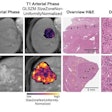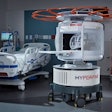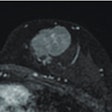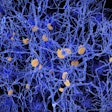Consuming highly processed carbohydrates can cause excess hunger and stimulate brain regions involved in reward and cravings, the same mechanism that can trigger addiction, according to a study published online in the American Journal of Clinical Nutrition.
The findings suggest that limiting high-glycemic foods could help obese people to stop overeating, concluded the researchers from Boston (Am J Clin Nutr, June 26, 2013).
Dr. David Ludwig, PhD, from Boston Children's Hospital, and colleagues measured blood glucose levels and hunger, while using functional MRI (fMRI) to observe brain activity during the crucial four-hour period after a meal, which influences eating behavior at the next meal.
For the study, 12 overweight or obese men consumed test meals designed as milk shakes with the same calories, taste, and sweetness. The two milk shakes used were essentially the same, but one contained rapidly digesting, or high-glycemic, carbohydrates and the other had slowly digesting, or low-glycemic, carbohydrates.
After participants consumed the high-glycemic milk shake, they experienced an initial surge in blood sugar levels, followed by sharp crash four hours later. The decrease in blood glucose was associated with excessive hunger and intense activation of the nucleus accumbens, a region of the brain involved in addictive behavior.
The findings suggest that limiting high-glycemic carbohydrates, such as white bread and potatoes, could help obese individuals reduce cravings and control the urge to overeat, Ludwig said in a statement.



.fFmgij6Hin.png?auto=compress%2Cformat&fit=crop&h=100&q=70&w=100)


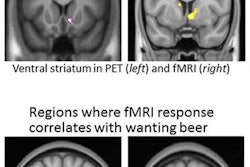

.fFmgij6Hin.png?auto=compress%2Cformat&fit=crop&h=167&q=70&w=250)


